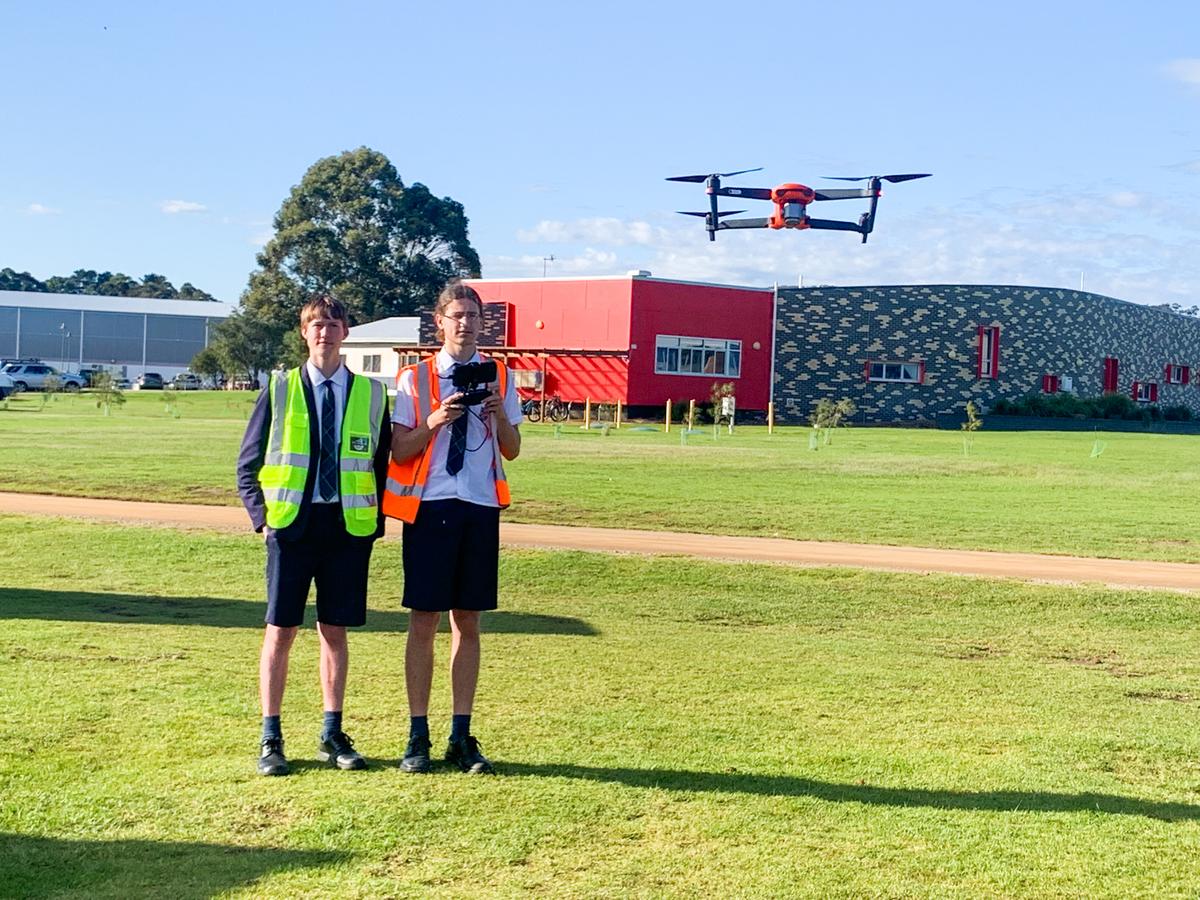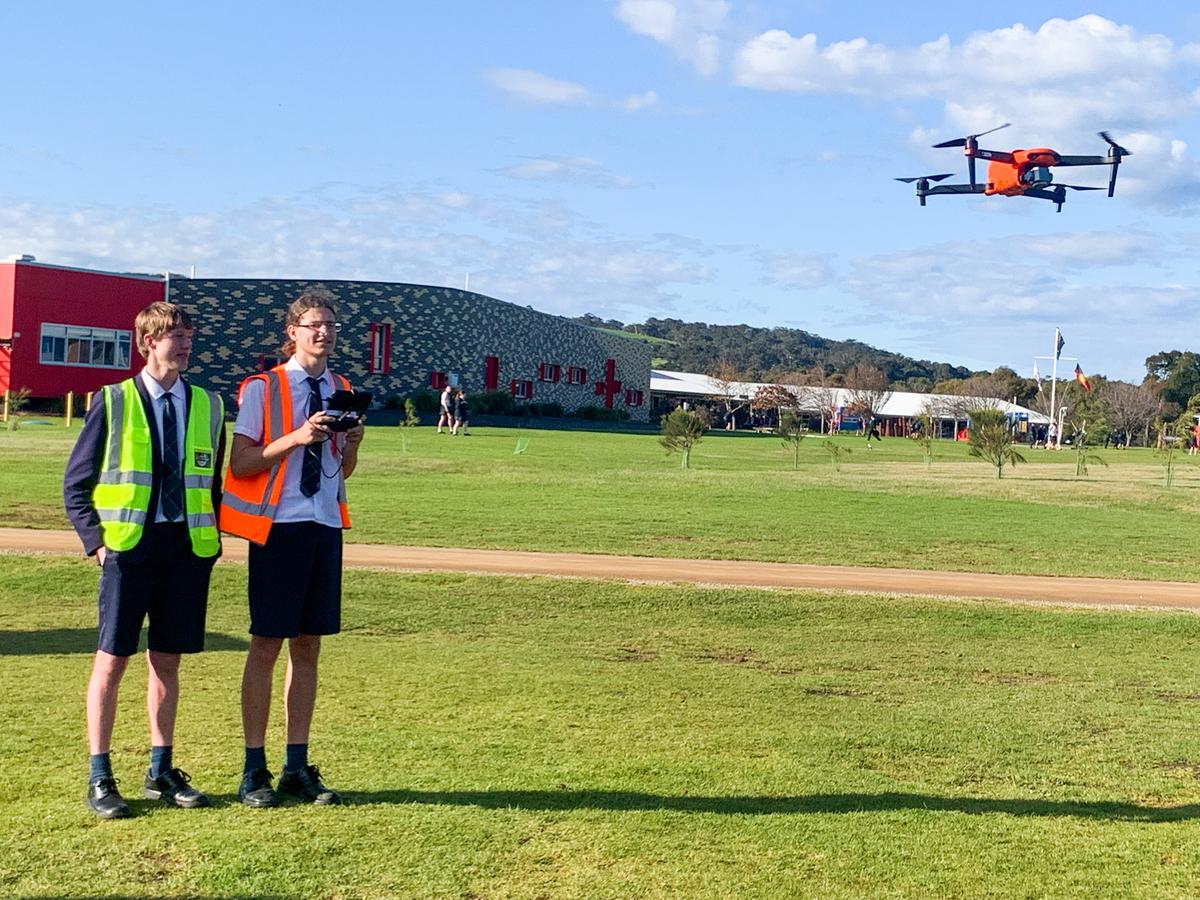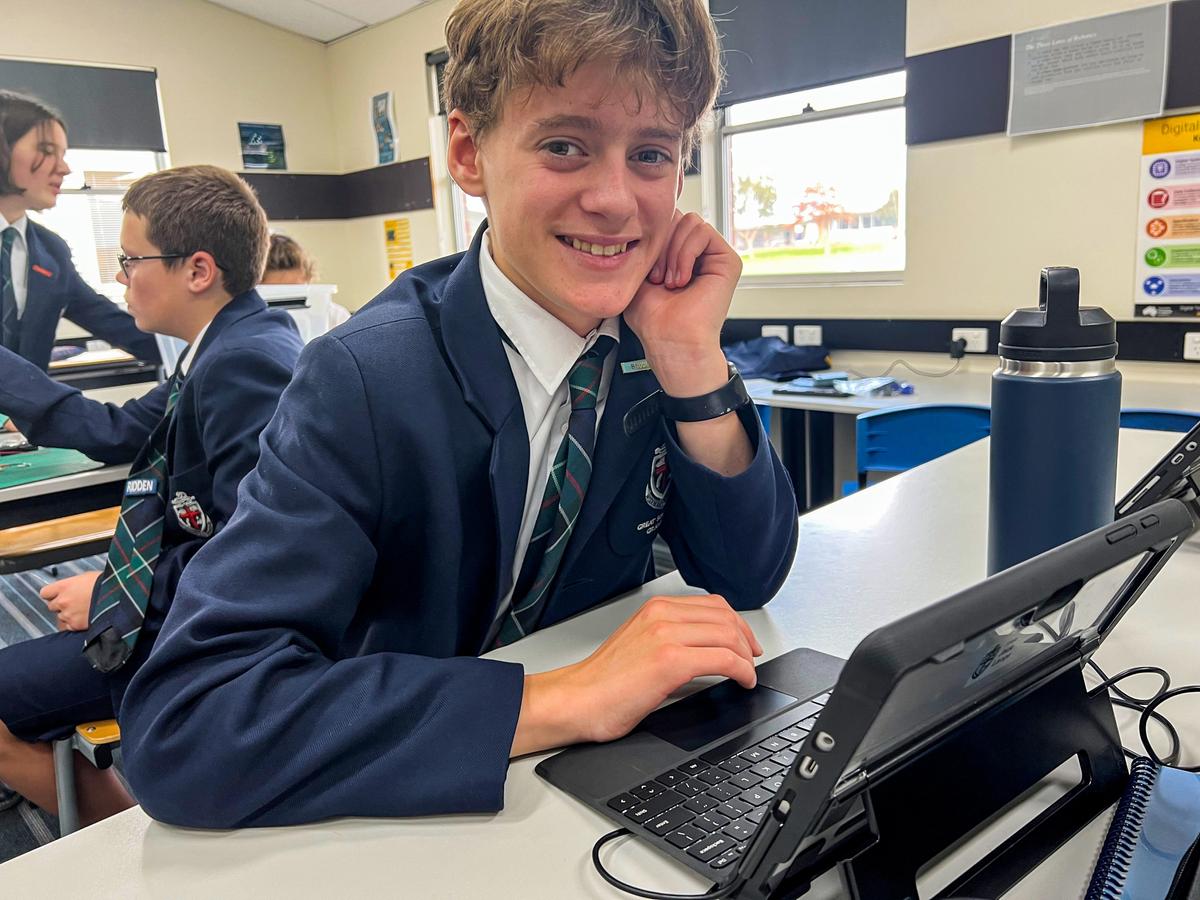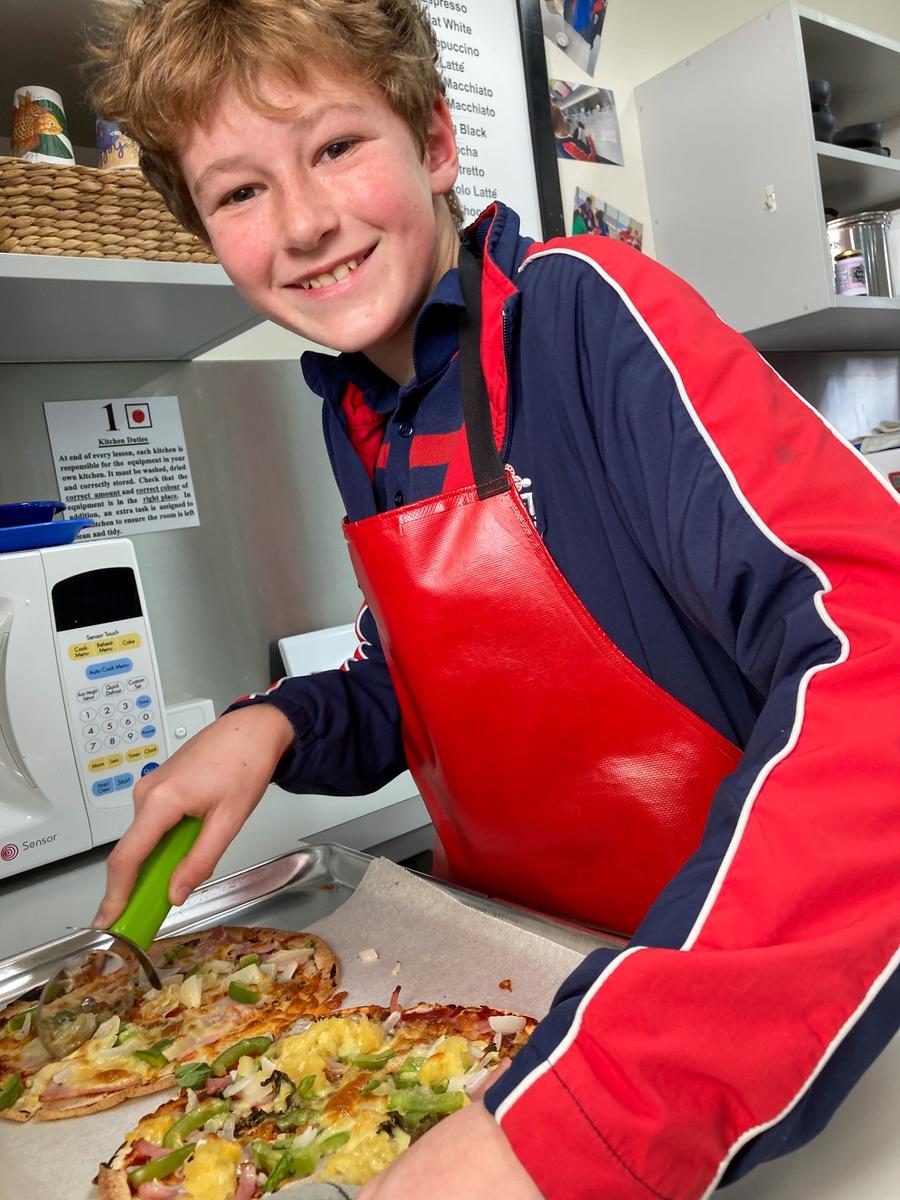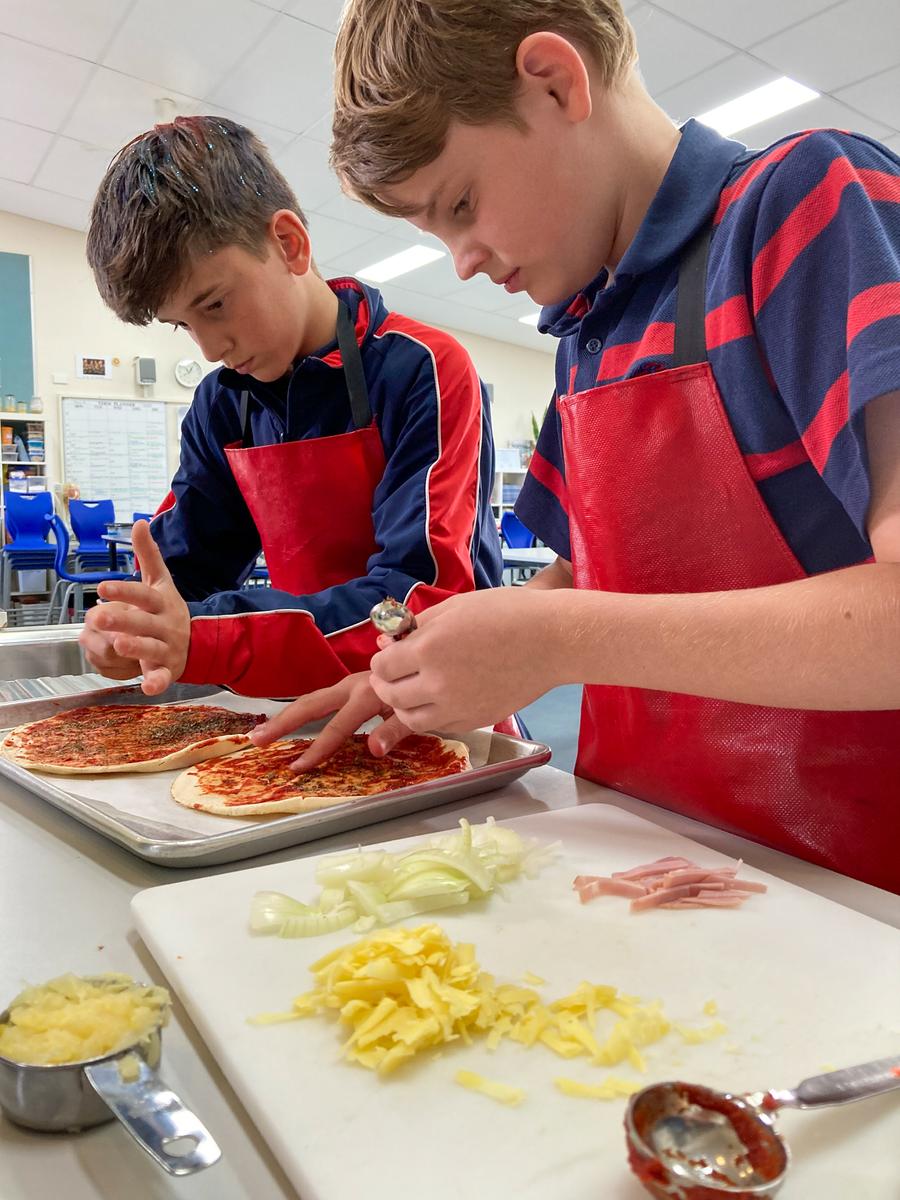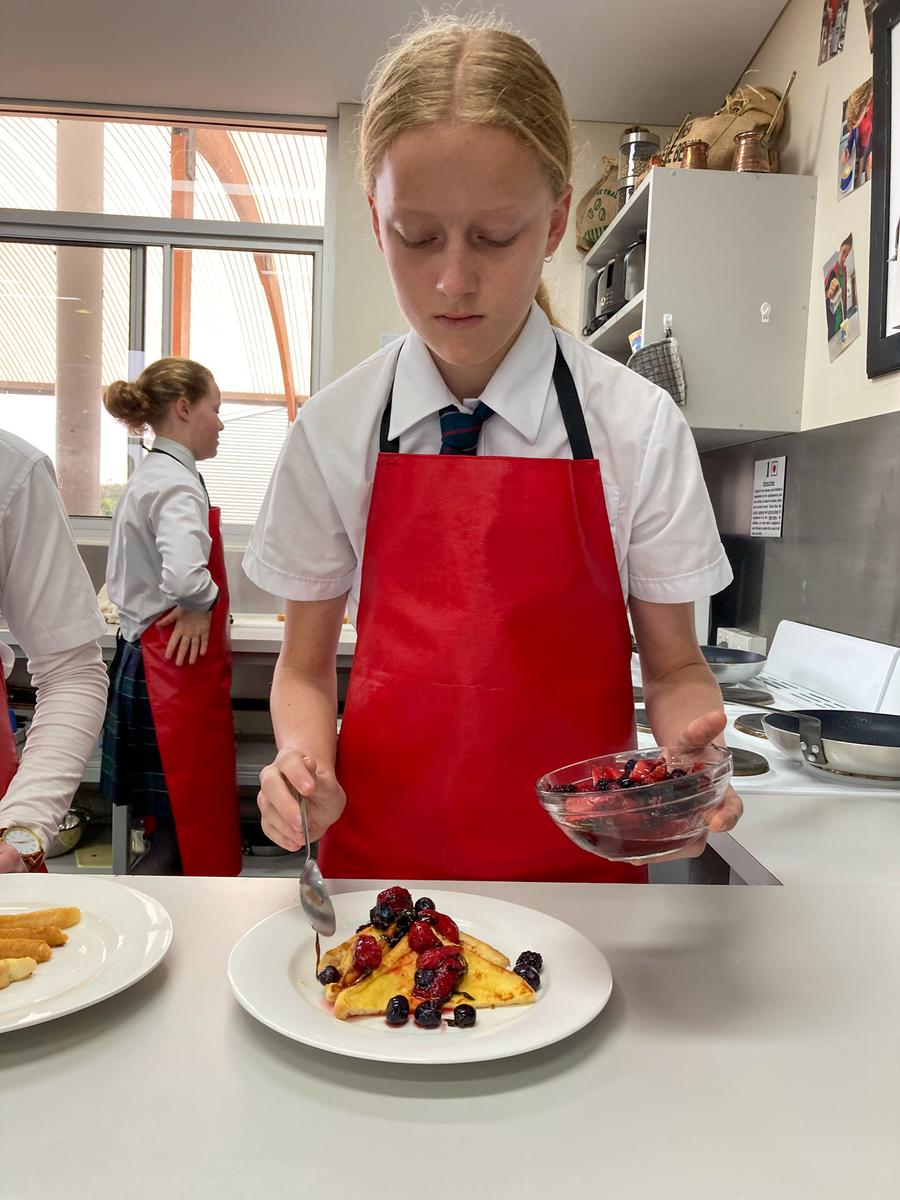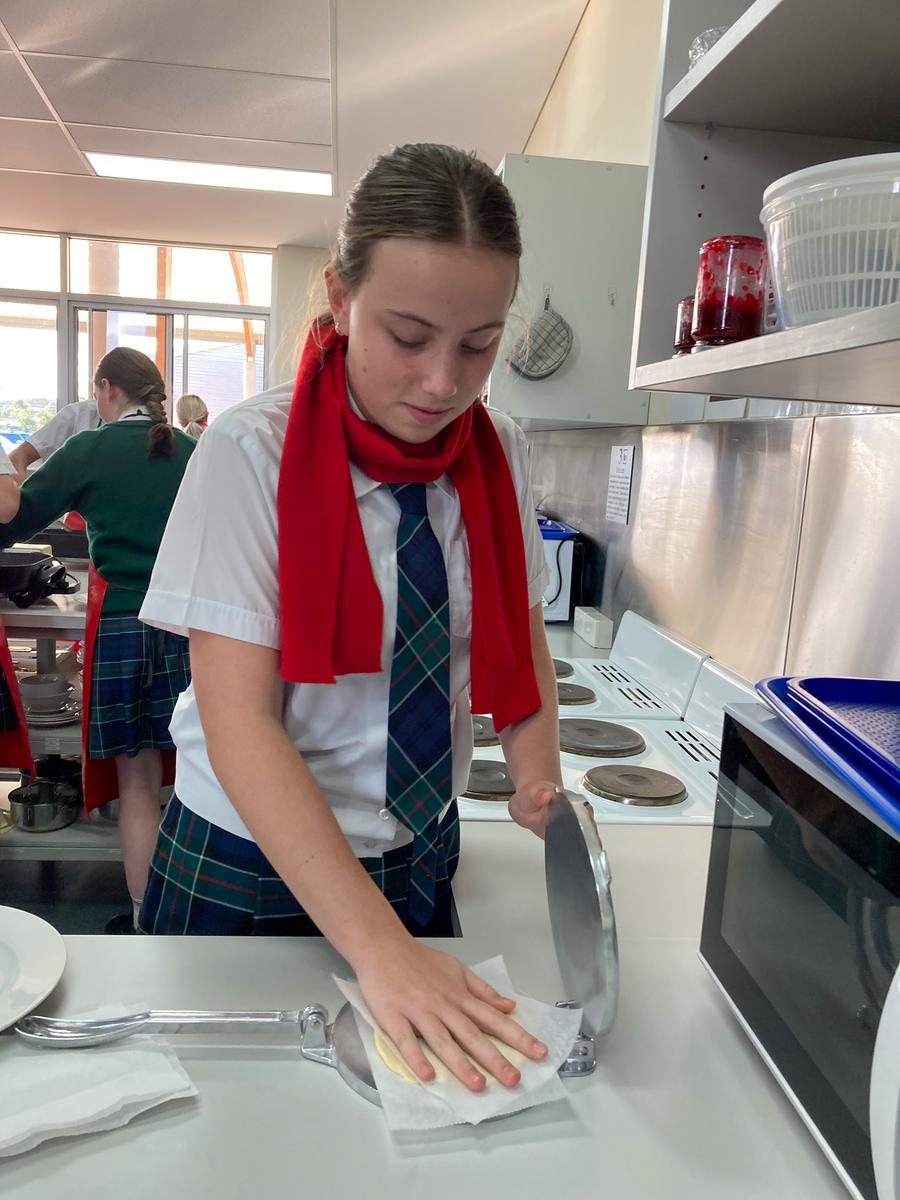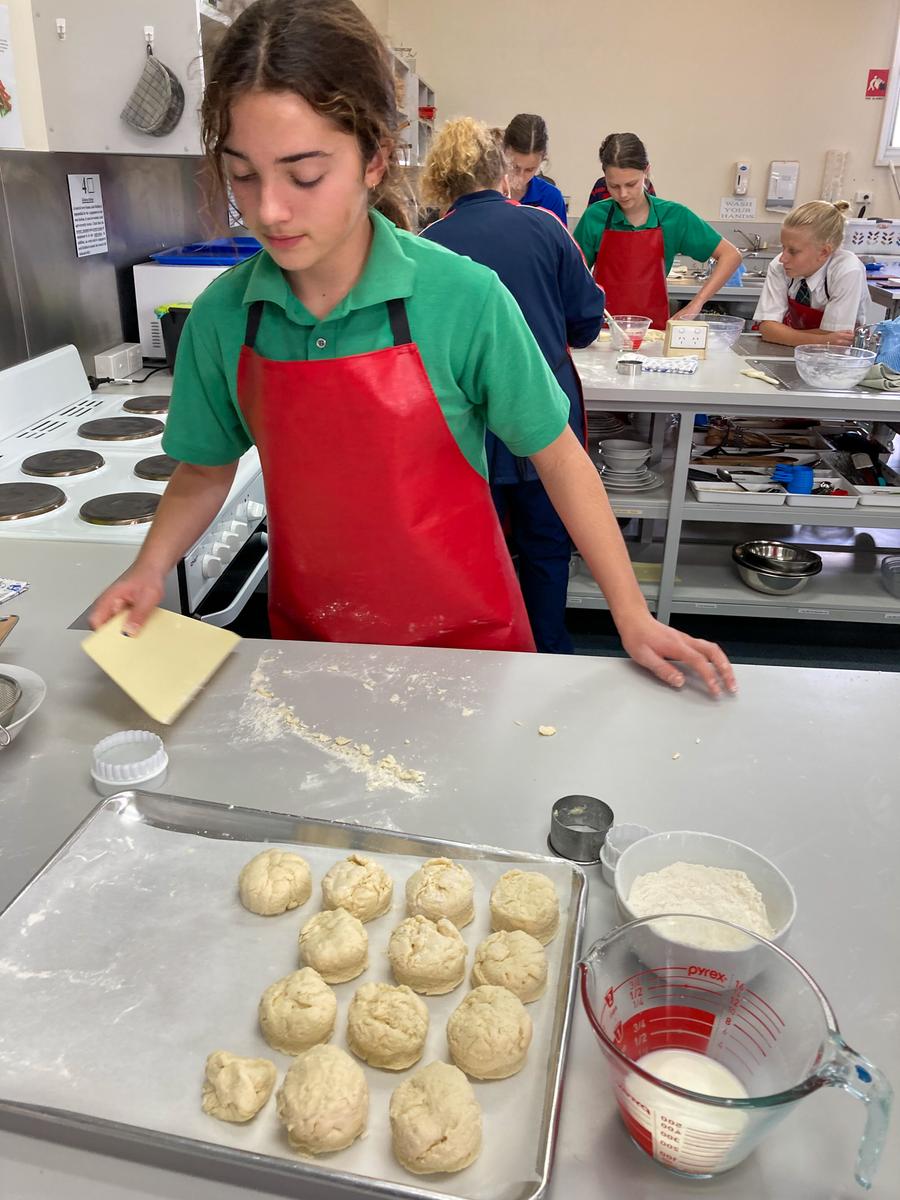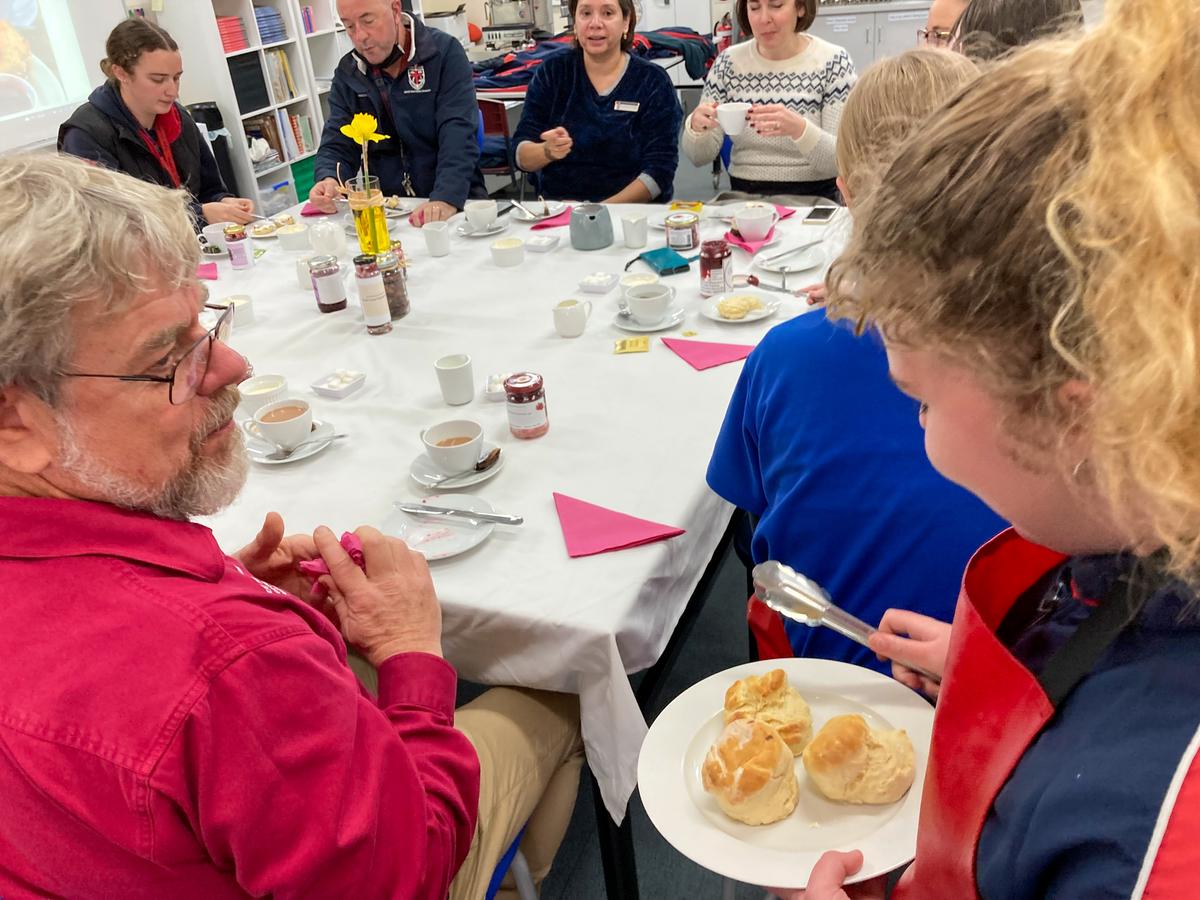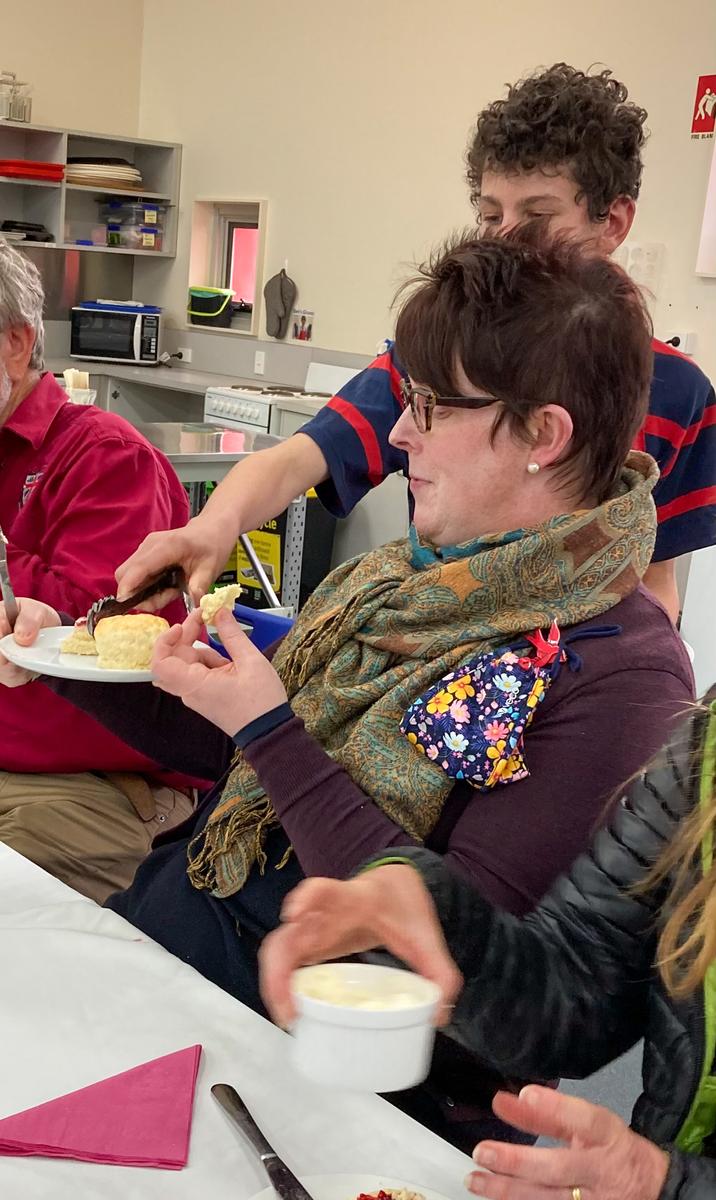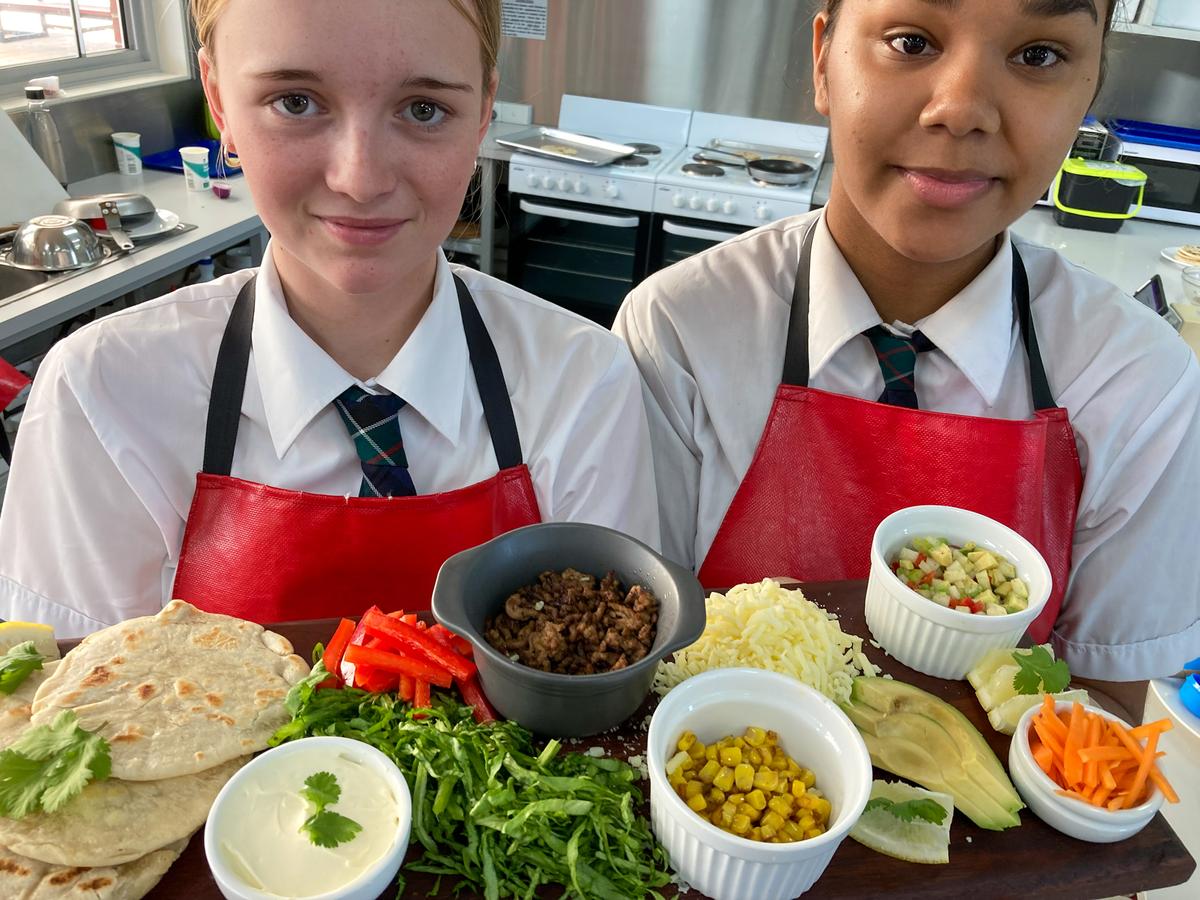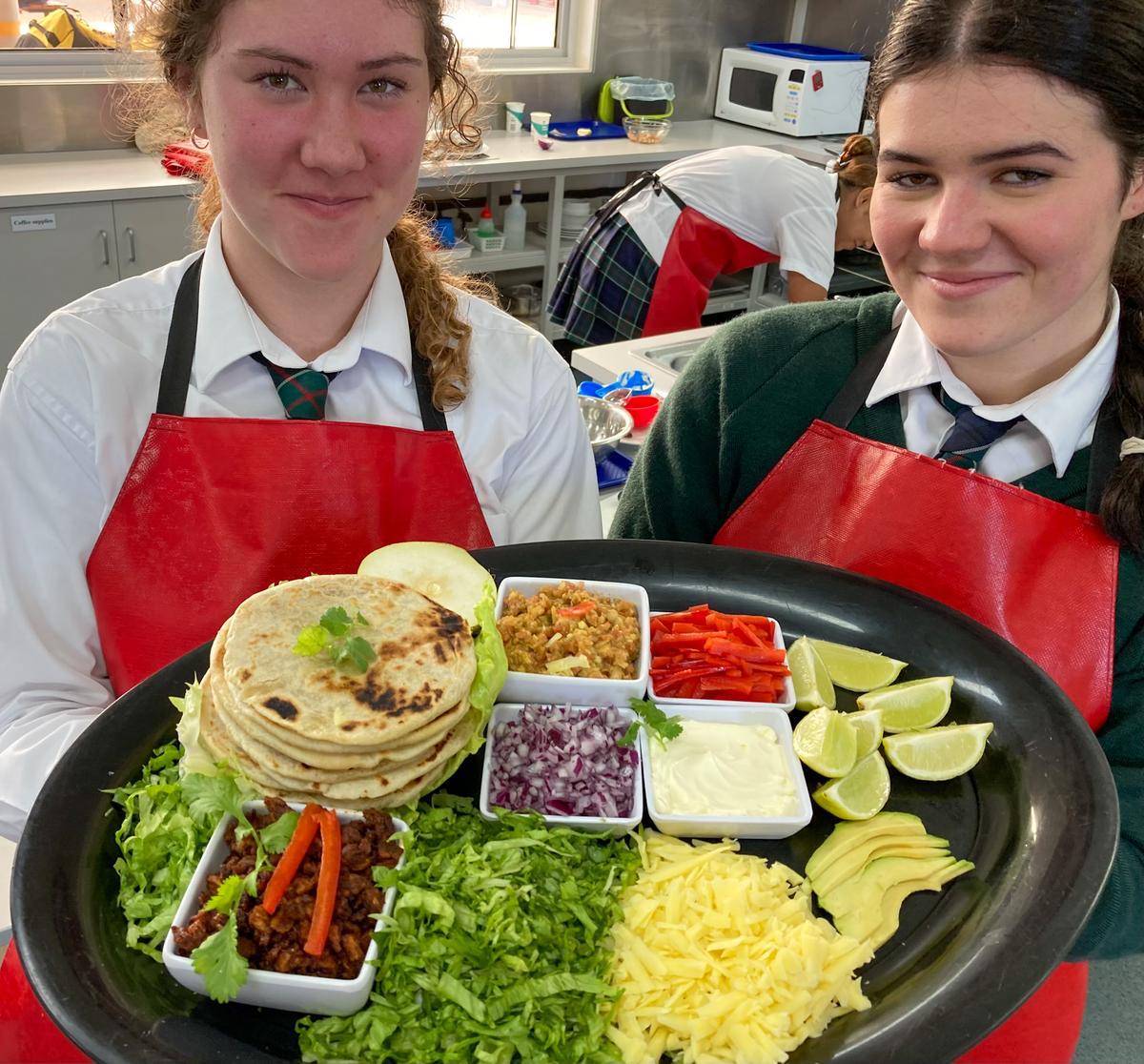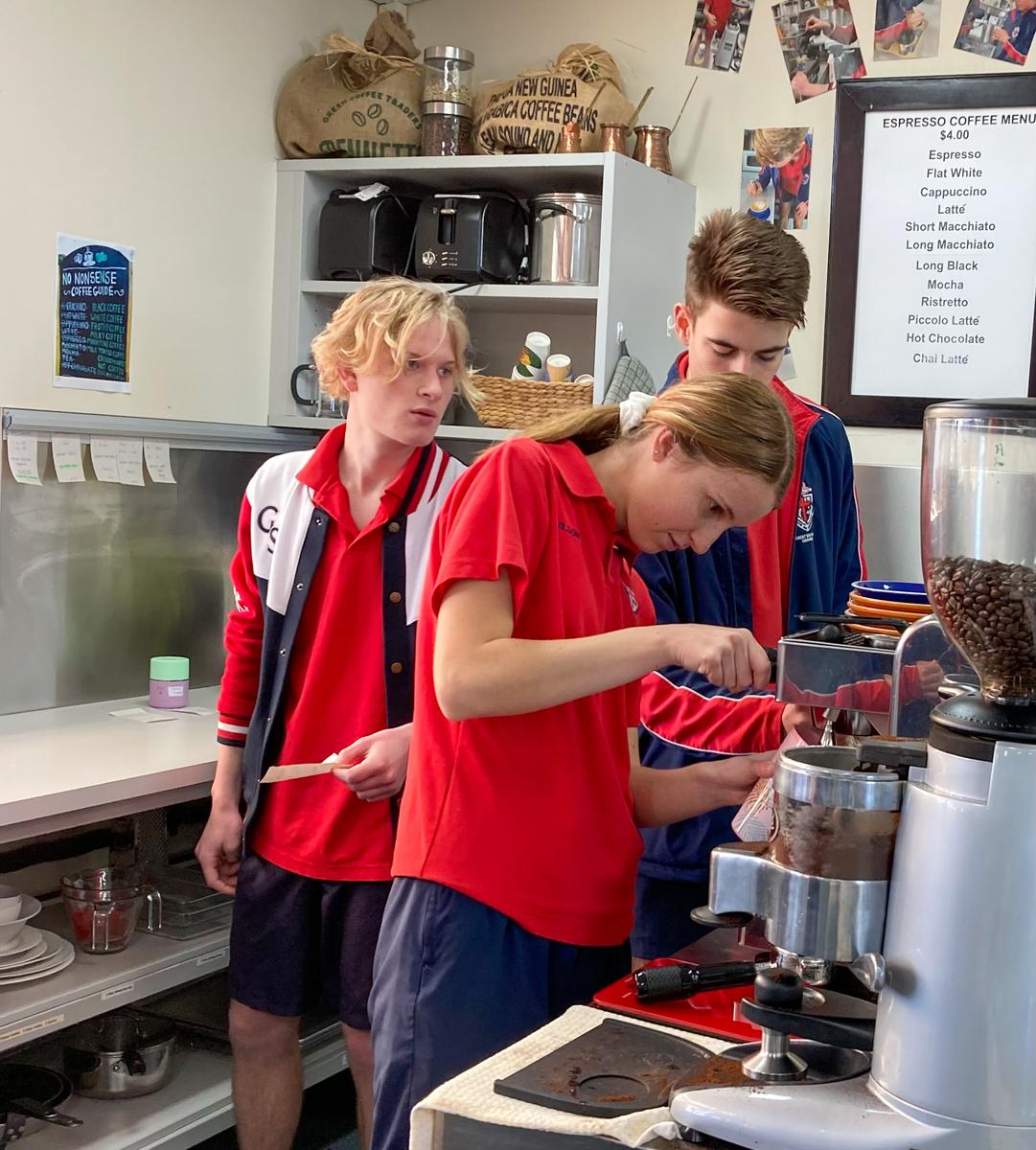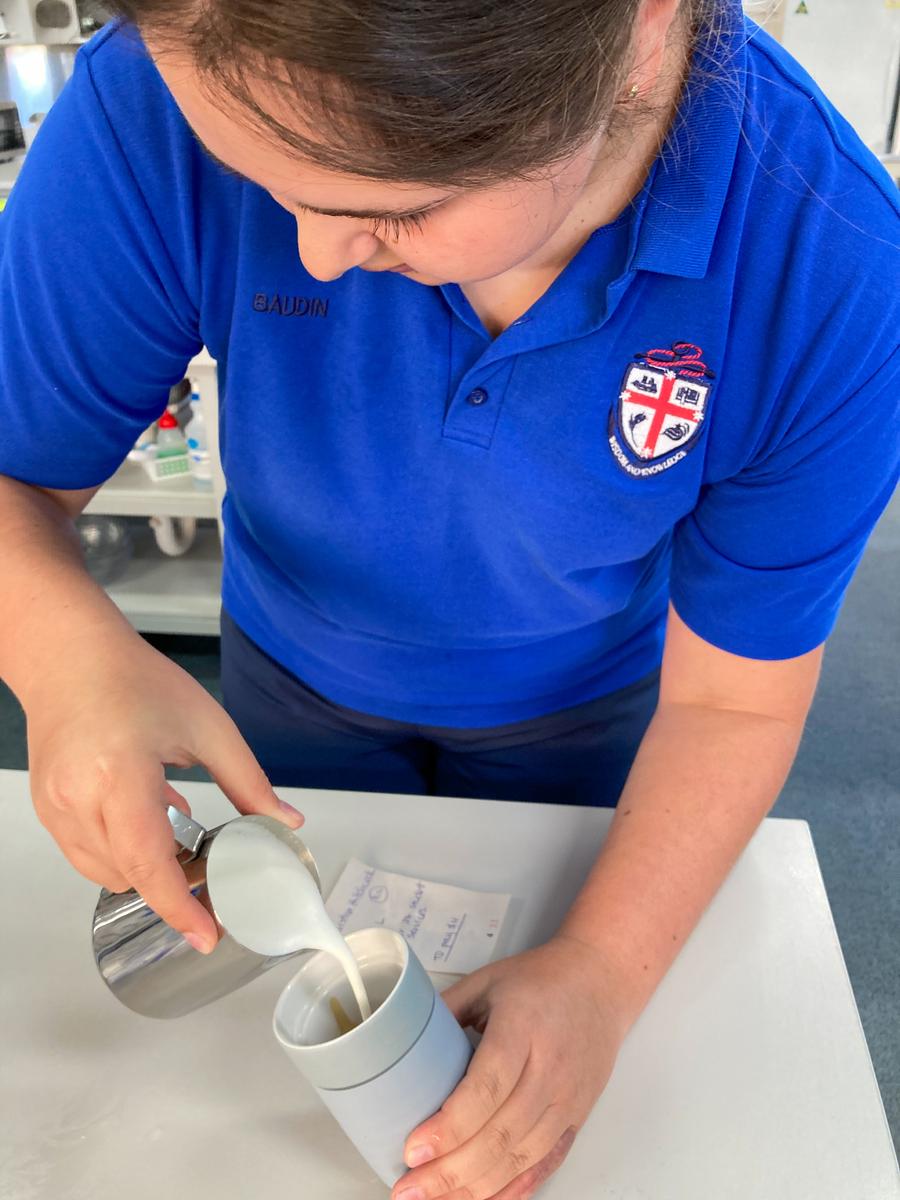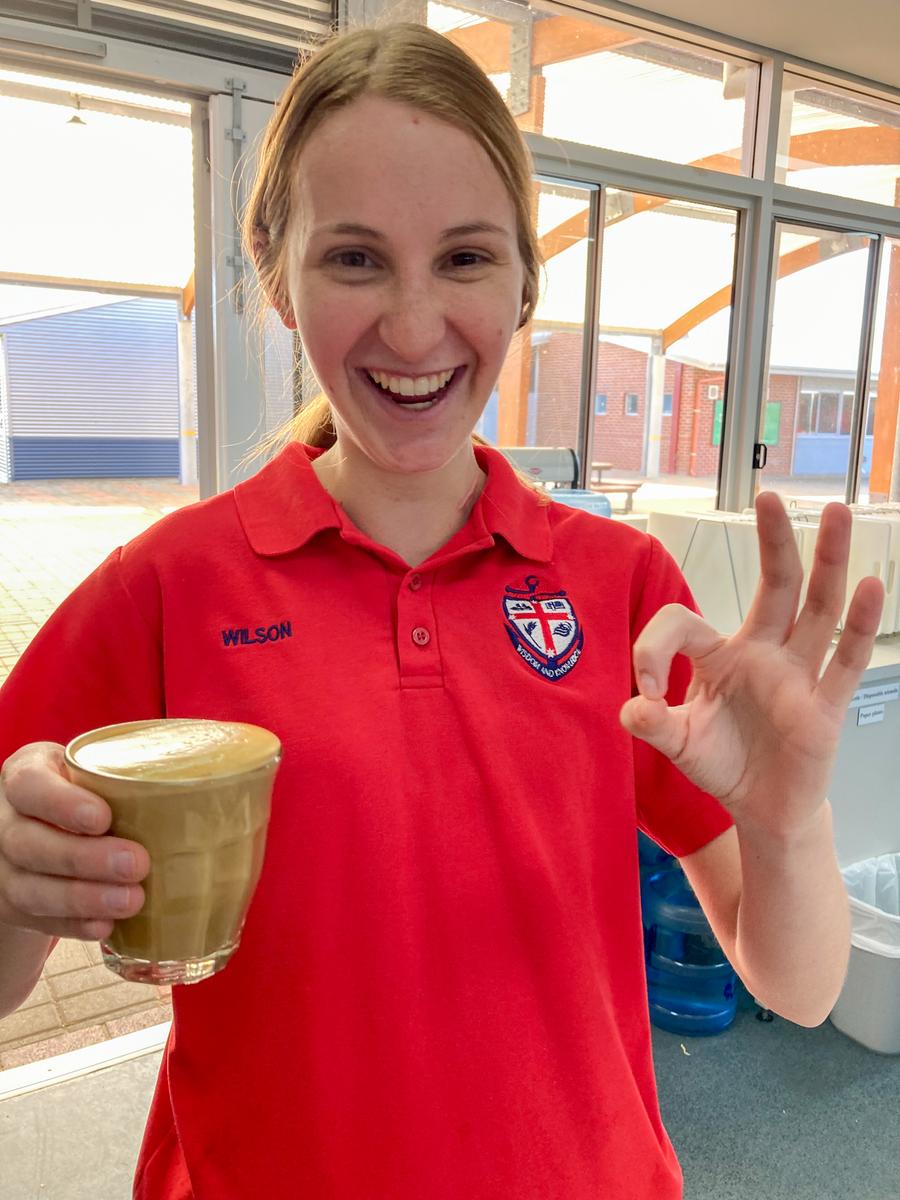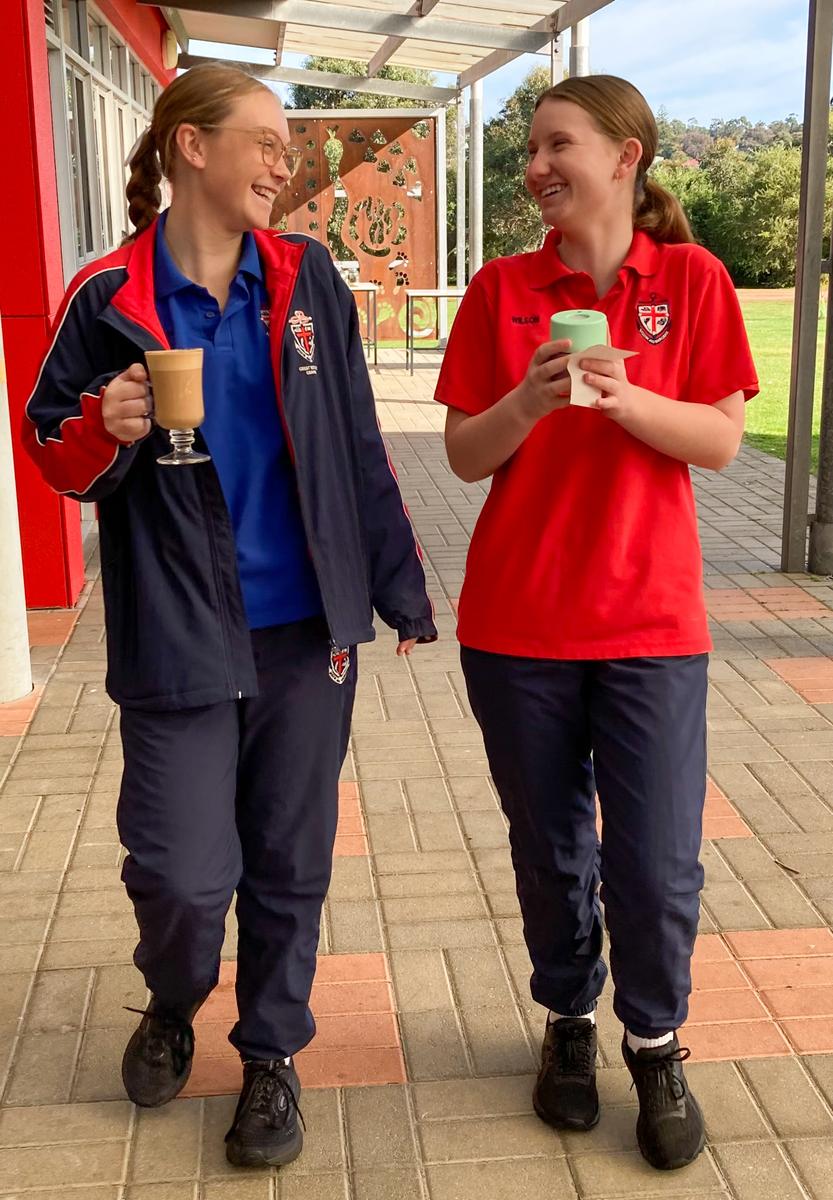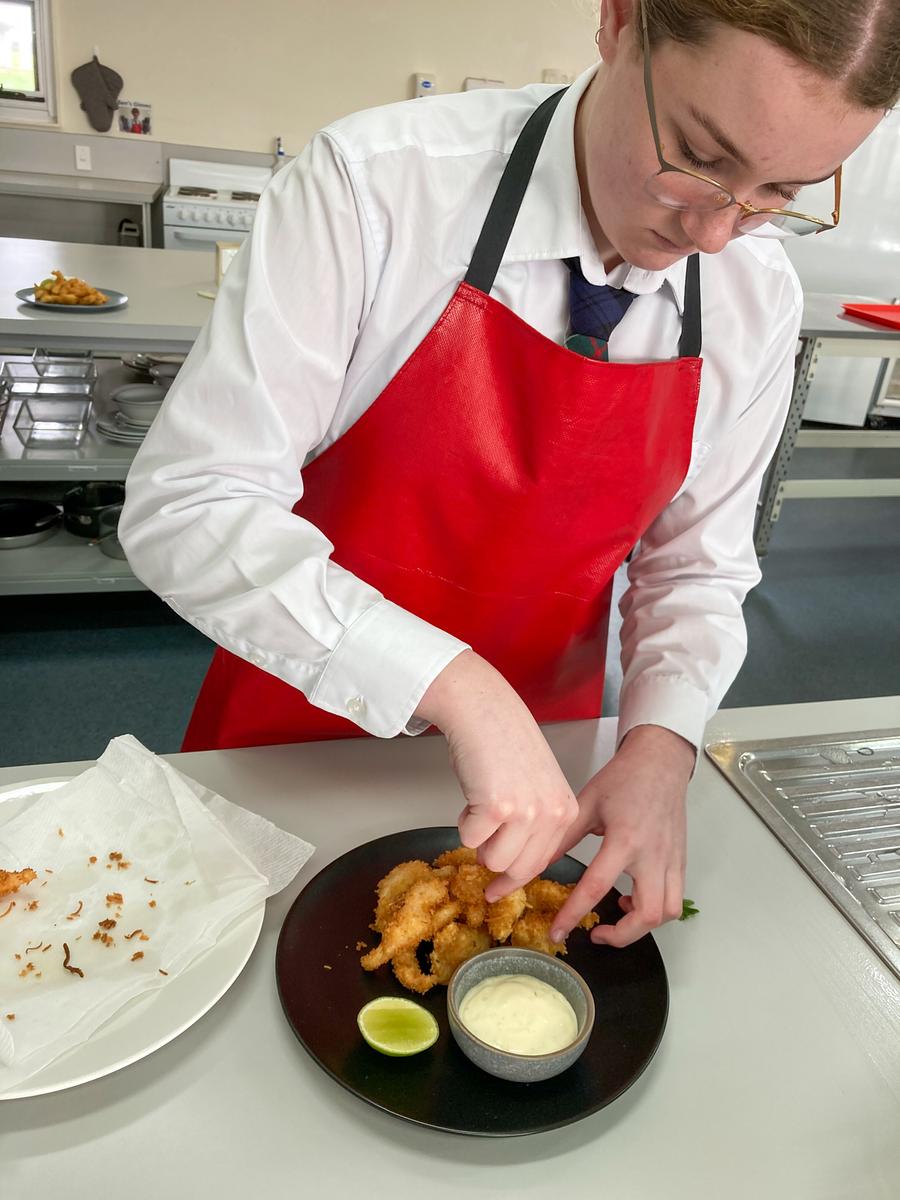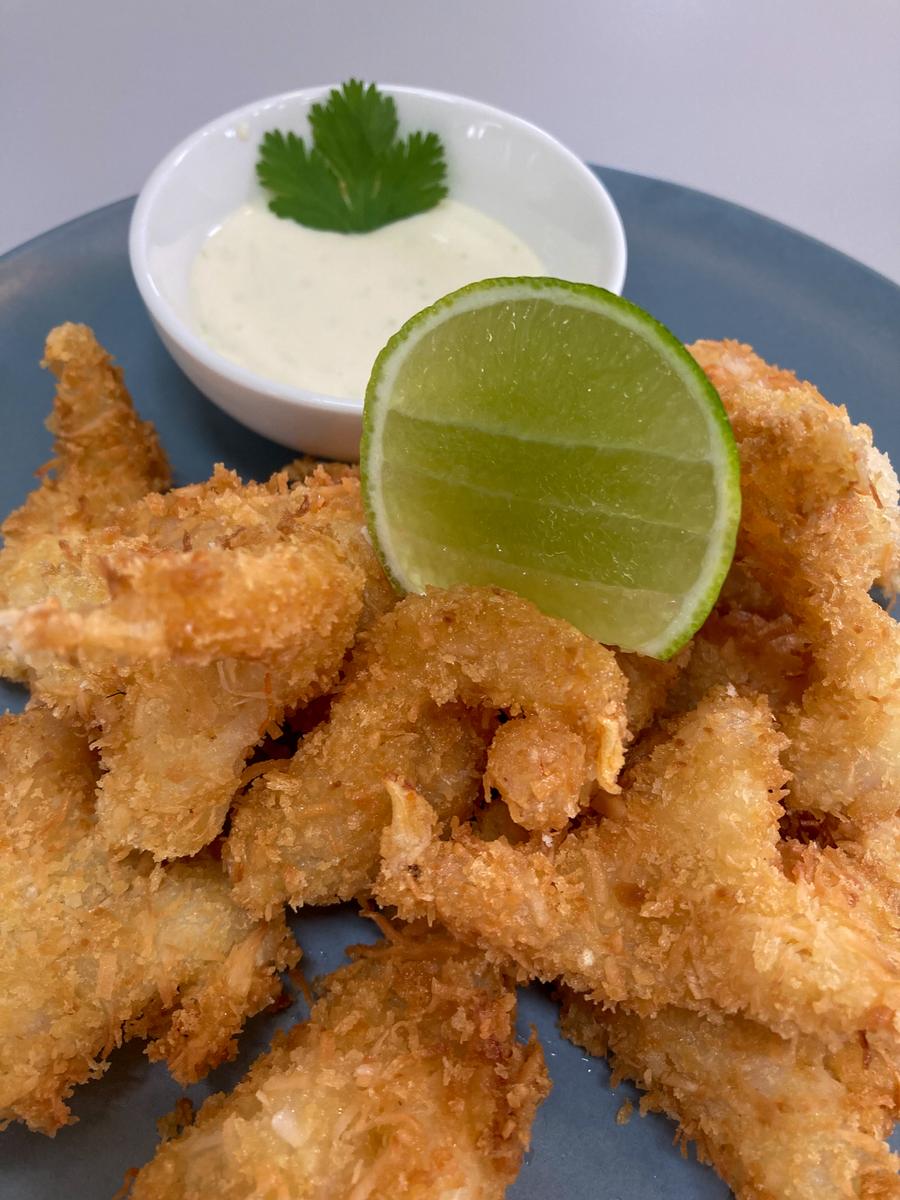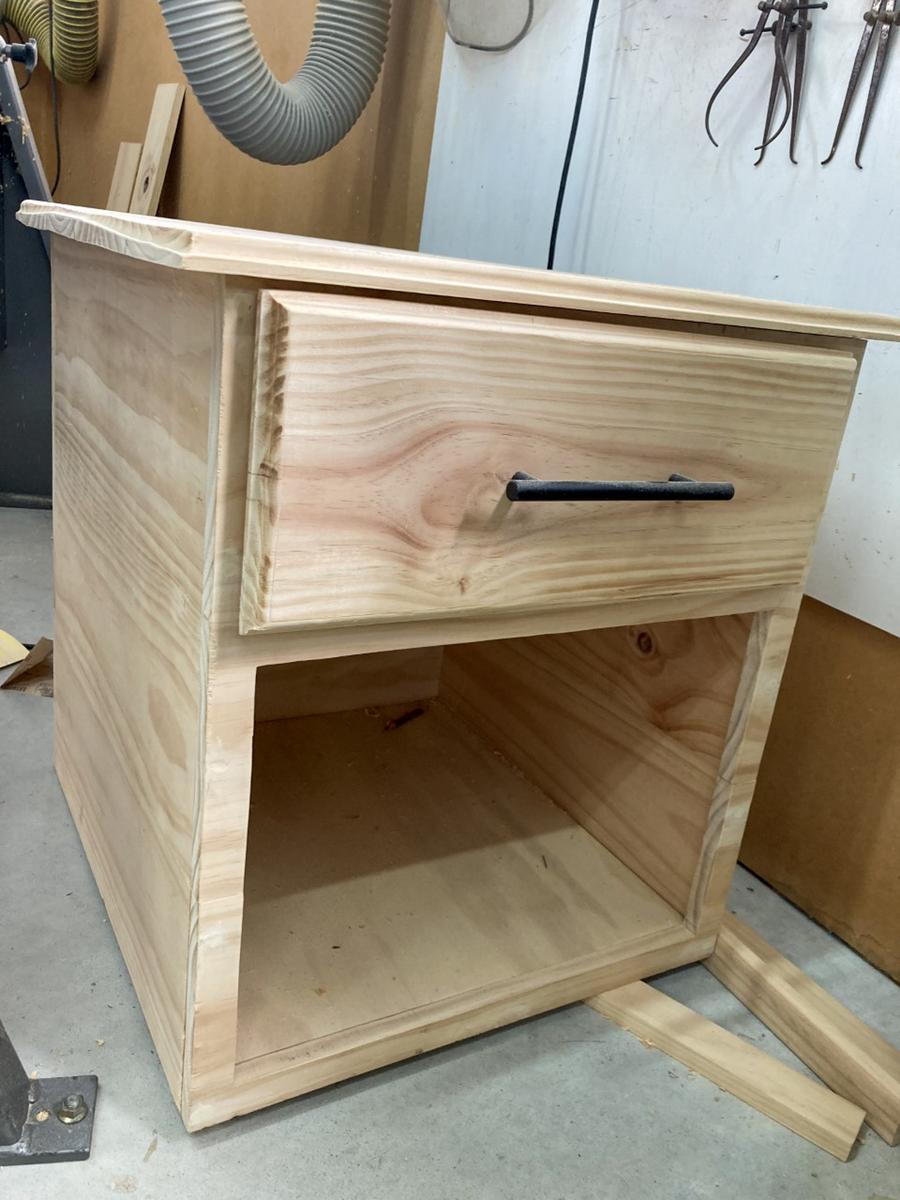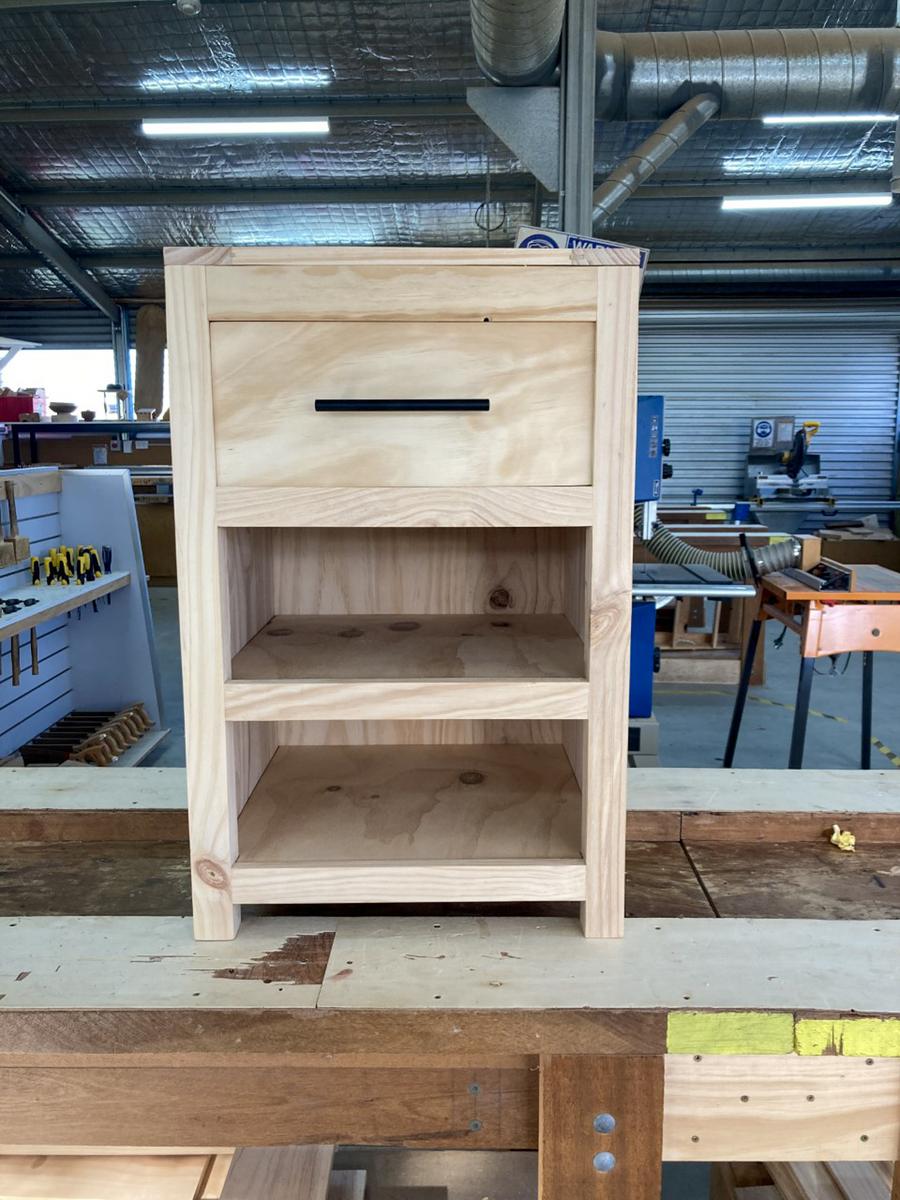Technologies News
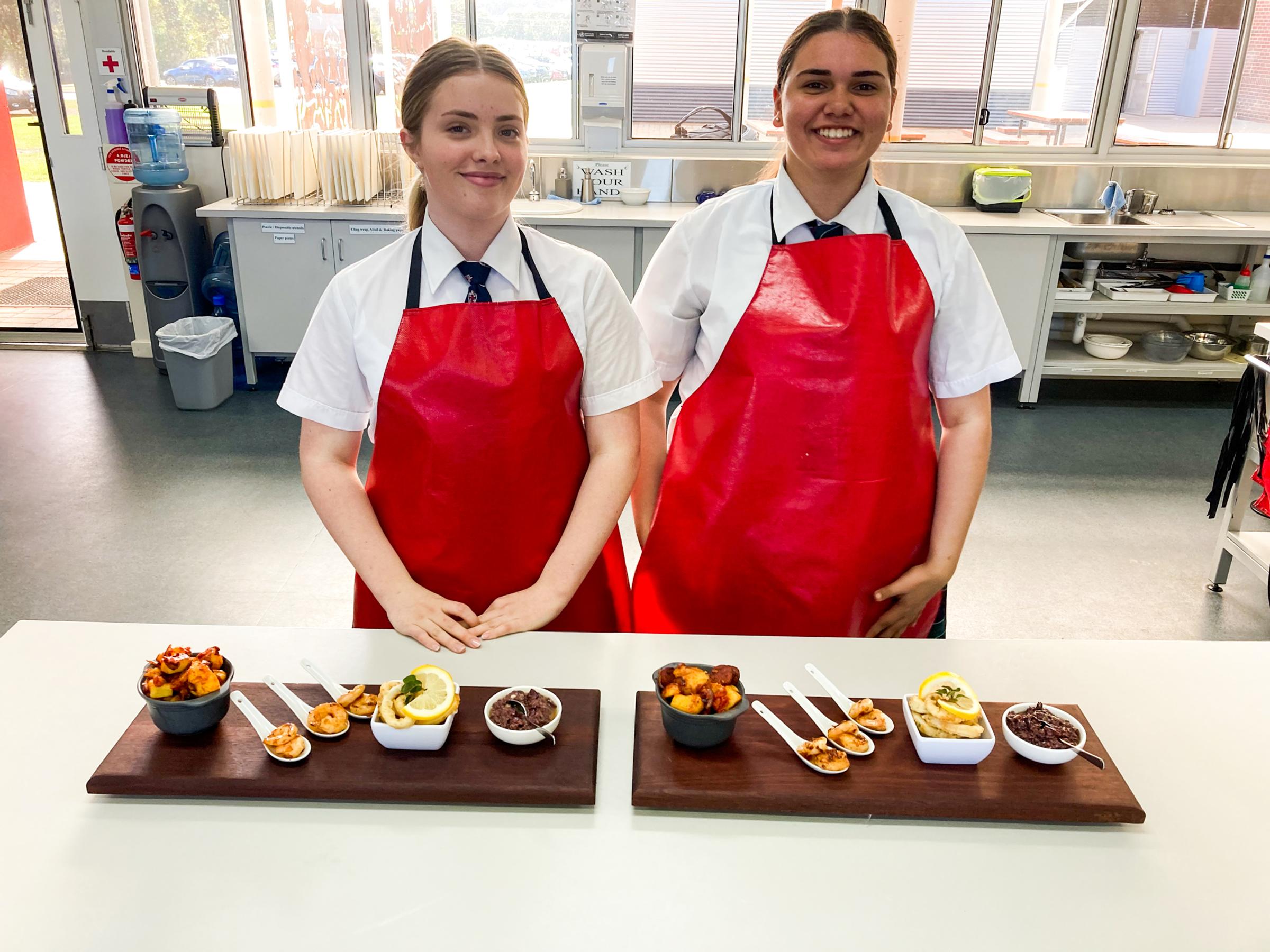
Agriculture
Drones are often considered as more of a hobbyist activity at present and the commercial use of drones is somewhere way out in the future. However, the reality is that the use of drones commercially is an industry growing globally at 16% per annum. In Australia, the industry has been valued recently at $11m but is forecast to be valued at $3bn by the end of the decade. Here are some of the industries currently investing heavily in drones:
- Photo & Cinematography
- Asset Inspection
- Survey, Mapping & Imagery
- Agriculture & Crop Management
- Insurance & Damage Inspection
- Cattle Station Management
- Sporting Events
- Life Saving
- Councils & Government
- Search & Rescue
- Bush Fire Management
- Illegal Activity Management.
Year Ten Agriculture students are currently practising flying and learning the theory of flight to enable them to successfully gain a CASA endorsed remote pilot’s licence (RePL) when they are old enough to do so. Although they are taught this in the context of Agriculture, the wider opportunities are becoming greater every day. The school has two drones registered with CASA, an Autel Evo 2 and a DJI Mavic Air2 that the Year Ten students are using to hone their safe flying and photography skills.
The Year Nines are now getting well into pruning the vineyard ready for the 2023 vintage of Grammar Grown Sauvignon Blanc. The school is making significant improvements to the vineyard and we hope we can continue to improve on last year’s very successful 2021 Kanup-Perill. This year’s vintage Grammar grown Kanyinak will be available to buy later in the year. The students each have responsibility for one row and must ensure that they are considering how each vine will develop, not only for this year but also for the following one. Pruning is a skill transferable to many plants and they are learning how essential it is for good plant management and increased production. The Year Nines are also preparing to get going with their project based learning enterprises. They have each chosen the enterprise they will manage and are currently preparing their feasibility statements.
Mr Julian Gugenheim | Teacher and Farm Manager
Digital Technologies
In Digital Technologies, Year Seven students have begun working hard on understanding how data is represented in a digital system. They are using a simulated collaborative online environment delivered by a platform called “Padlet” to teach each other about how binary makes up the foundation of all computing, amongst many other things. Across the next few weeks, they will collaborate further to demonstrate their abilities in how to learn and deeper engage with each other through digital collaboration and how these types of collaborations may represent their working lives through technologies in the future.
We welcome the remaining Year Eights back to Digital Technologies for their semester-long elective. Students are either with Mr Rose or Mr Bailey on Fridays and have been unpacking how networks connect our digital lives. In their time so far, students understand network design, hardware, and performance. We connected to various speed test servers around the world for bandwidth and capacity in Week Two and mapped out exactly which transoceanic fibre optic cables were used in the testing. Each student had the opportunity to connect to any server they liked in any continent in real time and measure the bandwidth, speed, throughput, and latency under load directly from their own laptop. Did you know that undersea cables transport nearly 100 percent of transoceanic data traffic? Not satellites, which are often presumed as the technology that connects “the internet”.
Finally, a reminder for all students attending digital technologies to please bring their laptop chargers with them to school if they are not in the IT lab.
Mr Kyal Rose | Teacher
Hospitality
Electives
It has been lovely to welcome lots of students into the Hospitality room this term as they start new electives for the semester. The Year Seven Mokare class have collectively understood the safety and personal hygiene procedures in the kitchen, looked at the five food groups, identified various kitchen equipment, and learnt basic knife cutting skills to produce several snacks.
Our Year Eight students discovered ways to incorporate fruit and vegetables into their daily food intake. They used their creative skills to produce French toast served with marinated berries, and some vegetable fritters to consider ways that can eliminate food waste.
The Year Nine class were very excited to host invited teachers to their Devonshire Tea, showcasing homemade jam served with freshly baked, warm scones straight from the oven.
Meal assembly packages were studied in Year Ten, followed by the production of homemade tortillas, their own taco spice mix, and a refreshing salsa. These components were presented with a protein filling and accompaniments on a deconstructed taco board.
Certificate II Hospitality
In their final term, our Year Twelve VET Hospitality students continue working towards the completion of twelve units of competency. They are mastering their espresso coffee making skills, and even producing some very fancy latte art!
The Year Eleven group have enjoyed learning skills to produce tapas style appetisers.
Mrs Teresa McAllister | Teacher and Head of Technologies
Woodwork
The Year Twelve students have been working towards finishing their bedside tables this term.
They decided to go with a painted finish, the images show the raw material in its finished form. They all did a fantastic job, showing creativity and skill to produce their products. They now move on to designing a piece of flat pack furniture which will challenge their creative thinking.
Mr Brodie Sarre | Teacher, Senior School, Materials Design and Technology Wood

